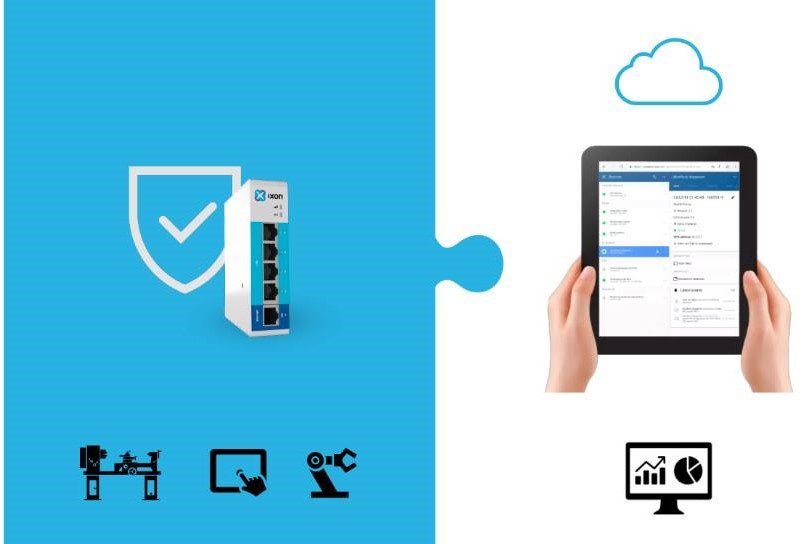Introduction
In today’s digital world, data breaches are no longer a rare occurrence—they’re an alarming reality for businesses of all sizes. With sensitive data constantly at risk, the consequences of unauthorized access can be disastrous, both financially and reputationally. Whether it’s customer information, financial details, or proprietary business data, the inability to protect this sensitive information from hackers and malicious threats can lead to severe repercussions.
In this article, we’ll explore three major impacts that arise from difficulties in protecting sensitive data from unauthorized access and data breaches. Understanding these risks will help you recognize the importance of safeguarding your business against cyber threats.
The Financial Impact of Data Breaches

The Cost of Recovering from a Data Breach: More Than Just Fines
When it comes to data breaches, one of the most immediate and severe consequences is the financial burden placed on businesses. The financial impact isn’t just about fines or penalties that might come from regulatory bodies; it includes the cost of mitigation, recovery, and rebuilding customer trust. According to recent reports, the average cost of a data breach can run into millions of dollars, especially for large organizations that store vast amounts of sensitive data.
The Hidden Costs of a Data Breach
While the direct costs of a data breach can be crippling, there are hidden costs that businesses often overlook. Legal fees, compensation for affected customers, and the investment required to implement stronger security measures are just the start. Furthermore, companies might face an increase in insurance premiums or even difficulties in obtaining insurance coverage after a breach.
Moreover, data breaches can severely damage stock prices. Publicly traded companies that suffer data breaches often experience a drop in their market value, as investors lose confidence in their ability to protect customer data.
The Reputational Damage from Data Breaches

Trust is Hard to Rebuild After a Data Breach
One of the most significant consequences of data breaches is the reputational damage that can follow. Consumers today are more concerned than ever about how companies handle their personal information. A single breach can tarnish a company’s reputation, and rebuilding trust takes years, if it happens at all.
A data breach where sensitive data is exposed may result in customers abandoning your brand altogether. For businesses in highly regulated industries, such as healthcare or finance, trust is everything. A breach can result in lost business relationships and even prompt customers to turn to competitors who can offer more secure services.
Brand Image and the Long-Term Consequences
Even after a business has resolved the immediate aftermath of a data breach, the lingering effects can continue for months or even years. Negative media coverage and consumer reviews will persist, further damaging the company’s image. Rebuilding a tarnished reputation requires substantial effort, investment in public relations, and most importantly, a commitment to better security practices.
Legal Ramifications of Data Breaches

Data Breaches and Legal Liability
The legal ramifications of a data breach can be severe. Businesses that fail to properly protect sensitive data can face lawsuits from customers, regulatory authorities, and third-party service providers. For example, customers whose personal or financial data is compromised can take legal action against the company for negligence, leading to significant settlements or court-ordered penalties.
Additionally, many industries are governed by specific regulations that require companies to protect sensitive data. Failure to comply with data protection laws like GDPR, HIPAA, or CCPA can result in heavy fines and other legal consequences. These laws are designed to hold businesses accountable for safeguarding the data entrusted to them, and the penalties for non-compliance are severe.
Data Breach Notification Requirements
In many countries, businesses are legally required to notify customers if their sensitive data has been compromised. The notification process can be costly, requiring businesses to invest in notifying affected individuals, offering credit monitoring services, and providing support for those impacted by the breach. In addition, the legal obligation to notify can lead to further reputational damage and legal liabilities.
The Ripple Effect on Operational Efficiency
Internal Disruption Caused by Data Breaches
A data breach doesn’t just impact external factors like finances and reputation—it also disrupts internal operations. Companies need to divert significant resources to address the breach, investigate its cause, and implement corrective measures. This often means halting regular business activities, dedicating IT staff to security improvements, and working with external consultants to ensure the breach doesn’t happen again.
For businesses already operating at full capacity, the need to respond to a data breach can create internal bottlenecks and delays in fulfilling regular operations, ultimately affecting productivity and efficiency. The focus shifts from growth and innovation to damage control, which can stagnate business progress for an extended period.
How to Protect Sensitive Data and Prevent Data Breaches

Implementing Strong Security Protocols
The best way to mitigate the risks of a data breach is to proactively protect sensitive data with strong security protocols. This includes encrypting data, using firewalls and intrusion detection systems, and ensuring that all devices connected to your network are secure. Multi-factor authentication (MFA) is another critical layer of security that can reduce unauthorized access and keep hackers at bay.
Employee Training and Awareness
Employees are often the weakest link in data security. Regular training sessions on how to identify phishing attacks, secure passwords, and follow best practices for handling sensitive data can go a long way in reducing the risk of a data breach. A strong internal security culture is just as important as external defense mechanisms.
Conclusion
As we’ve seen, the consequences of failing to protect sensitive data from unauthorized access and data breaches can be catastrophic. From financial loss to long-term reputational damage, the risks are not only real—they’re inevitable for businesses that don’t take proper precautions. Understanding the impacts of a data breach and taking action to implement effective data protection measures will ensure your business is prepared for the future. In 2025, data breaches are a threat that no company can afford to ignore.
Ready to secure your business from potential data breaches? Contact Zealinx today for expert solutions to protect your sensitive data and prepare your business for the future.
FAQs:
-
What are the main causes of data breaches?
Data breaches can occur due to weak passwords, unsecured networks, employee negligence, or malicious cyber-attacks. Regular security assessments and employee training are essential to preventing these breaches.
-
How can I prevent data breaches in my business?
To prevent data breaches, ensure strong encryption of sensitive data, implement multi-factor authentication, use secure networks, and educate employees on data protection practices. Regularly update your security protocols and conduct audits.
-
What should I do if my company experiences a data breach?
If your company suffers a data breach, immediately contain the breach, inform affected parties, and conduct a thorough investigation. Work with cybersecurity experts to understand the breach’s cause and strengthen your security moving forward.
-
Are data breaches only a concern for large companies?
No, data breaches can affect businesses of any size. Small and medium-sized enterprises are often targeted because they may have weaker security measures in place. Every business needs to prioritize data protection.











